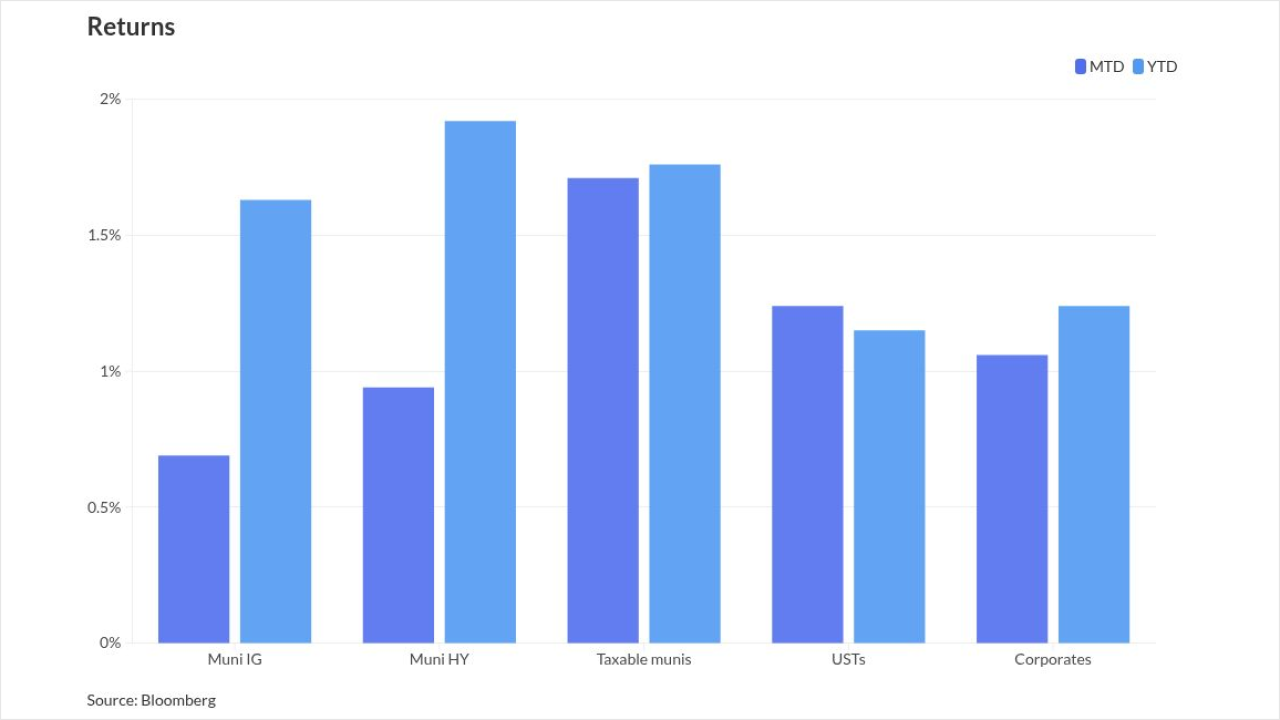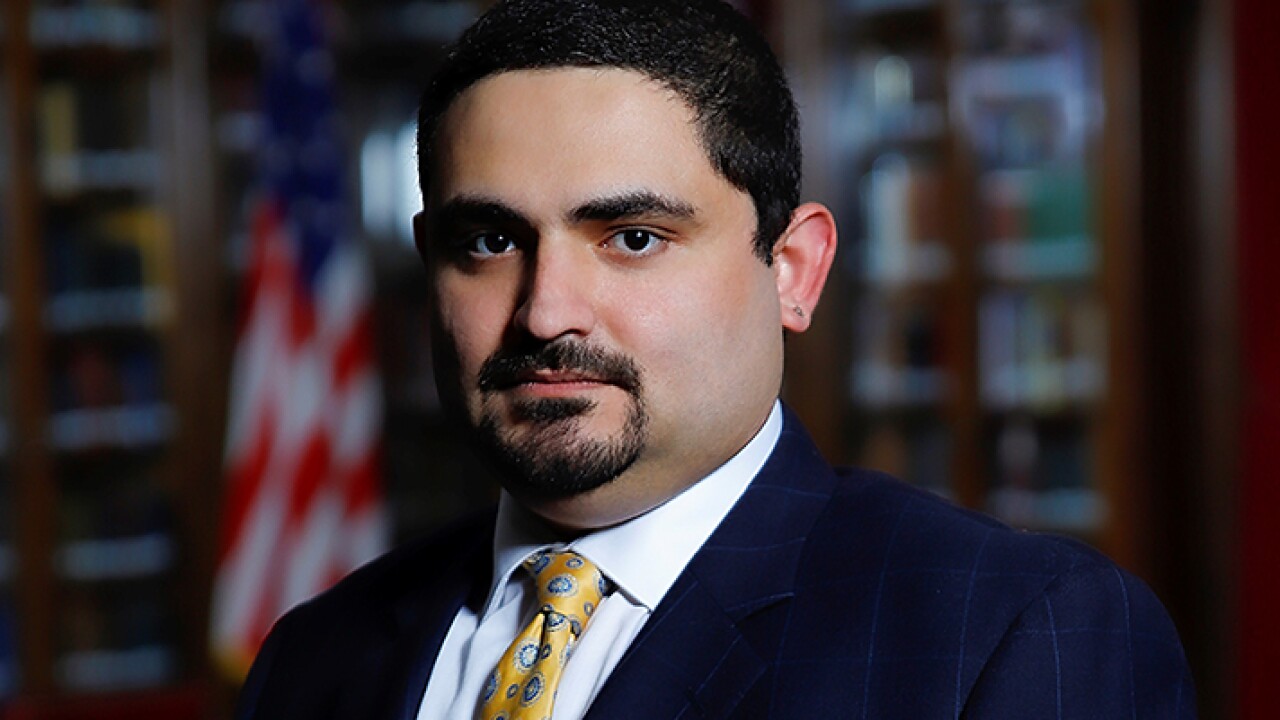WASHINGTON - The economic stimulus package that is being formed by President-elect Barack Obama's team and Congress should help to ease Virginia's growing budgetary challenges, which includes a $3 billion revenue shortfall for the $77 billion two-year budget, Gov. Timothy Kaine told the General Assembly late Wednesday in his state of the commonwealth address.
"We should see action on this welcome proposal soon after inauguration. Since the balanced budget I introduced in December did not factor in any federal stimulus, this package should help ease some of our budgetary challenges at the same time as it spurs the economy forward," Kaine said in his address. "My team and I are working closely with the incoming federal administration to help develop their economic stimulus package. I have spoken personally with President-elect Obama about the importance of investing in new infrastructure to put Americans to work."
House Speaker Nancy Pelosi said yesterday that the House will consider its version of the American Recovery and Reinvestment Plan, which will include $550 billion of spending and $275 million of targeted tax cuts, during the next two weeks.
While Virginia currently faces a nearly $3 billion revenue shortfall for fiscal 2009 and 2010, some officials expect that it will grow when Kaine's office updates the figures later this month.
The governor's budget plan, which he presented to lawmakers at the opening of their 45-day legislative session, is designed to close that gap. He is proposing to issue $350 million of tax-exempt bonds as well as tap about $490 million from the state's rainy-day fund, implement a 30-cent per-pack cigarette tax increase, and cut more than 2,000 jobs.
Kaine, who was recently tapped by Obama to chair the Democratic National Committee, also said he is moving forward on capital projects and business incentives designed to help create jobs.
The governor wants to issue about $250 million of bonds in fiscal 2009 and $100 million in fiscal 2010 to cover the costs of capital projects instead of using general funds. The $350 million of bonds is $100 million more in bond financing than he had proposed in October.
The proceeds would cover construction costs for projects that lawmakers have already approved, he said.
"I am setting a goal that a minimum of 30 state capital projects worth at least $250 million in construction costs be put to bid prior to the end of this fiscal year," Kaine said. "These projects will put people to work, build a higher platform for long-term economic success, and take advantage of a climate where construction costs are favorable."
The additional bonds will not hurt Virginia's gilt-edged rating, said Kaine. who touted it in his speech.
"In an atmosphere of tight credit and an uncertain financial future, all three major bond rating agencies reaffirmed Virginia's triple-A rating this fall. Our early and active approach to this downturn has put Virginia in a better position than many states," he said.
Credit agencies affirmed Virginia's rating with a stable outlook in mid-November when the state sold $226 million of general obligation bonds. Virginia has about $1.5 billion of GO debt outstanding.
In addition to the bonds and reserve funds, Kaine proposed the elimination of 1,833 positions through fiscal 2010, which include about 531 layoffs of current employees in this fiscal year, and an additional 545 layoffs in fiscal 2010. He also wants to permanently eliminate 757 vacant positions. Those figures would be in addition to an expected cut of 950 to 1,150 jobs over the course the next two fiscal years at the Virginia Department of Transportation.
The 30-cent per-pack tax increase for cigarettes - the only tax hike he proposed - will generate another $148 million for the state's health care fund, which supports Medicaid, Kaine said. But Republican lawmakers, most of whom are opposed to any tax increases, have not warmed to the proposal.
In addition, the governor proposed 15% cuts for most state agency budgets, including state colleges and universities. Community colleges' budgets will be cut by 10% and K-12 education will lose $400 million. Lawmakers are now considering the proposal.





